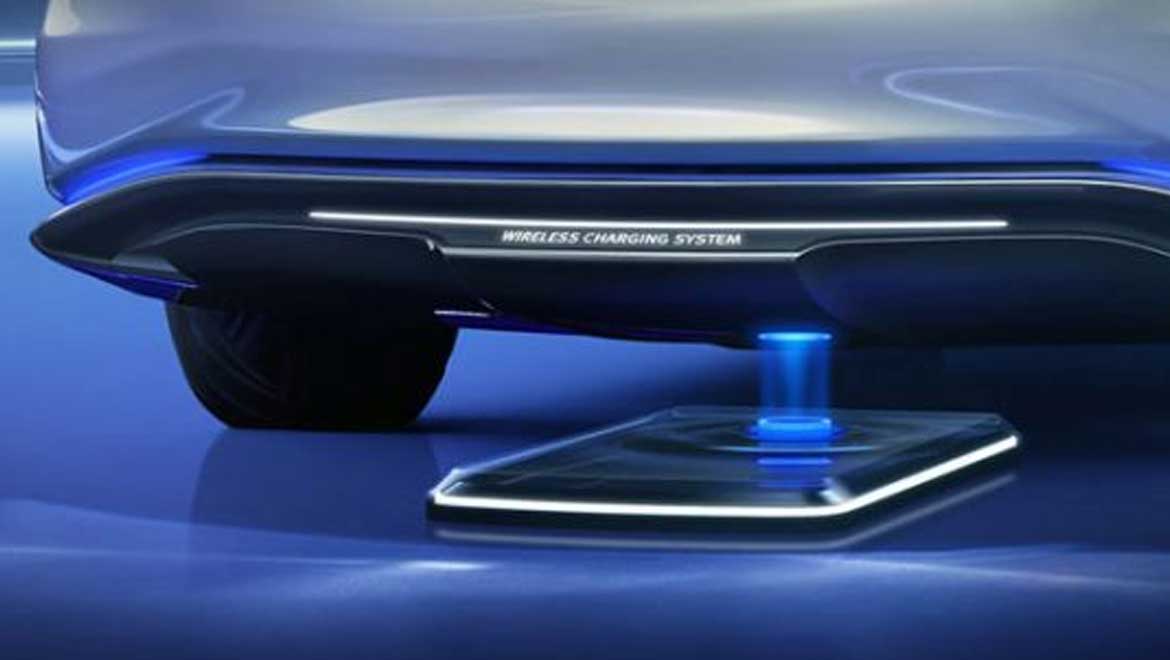

Peak charging in electric cars is a critical factor in embracing electric mobility. Understanding the science behind it is essential for maximizing range and minimizing charging time. Electric car owners face the challenge of long charging times, leading to significant delays in daily routines, especially for those who rely on their vehicles for work or travel. This article will unveil the science behind peak charging and provide strategies for optimizing your electric car’s charging experience. We’ll discuss factors such as battery technology, smart charging technology, and the role of energy grids, providing actionable insights for maximizing your electric vehicle’s range. We will also showcase various practical charging strategies.
Understanding Battery Technology
Battery Chemistry and Charging Cycles
The efficiency of peak charging is intrinsically linked to the battery technology itself. Different battery chemistries react differently to charging rates. Lithium-ion batteries, the most common type in electric vehicles, have a complex relationship with charging speed. Rapid charging, while convenient, can introduce stress and potentially reduce battery life over time if not used properly. High charging currents can lead to heat generation within the battery pack, and prolonged exposure to high temperatures can shorten the battery’s lifespan. Carefully monitoring charging parameters and using appropriate charging protocols are essential for long-term battery health.
Smart Charging Technology
Integrating Charging with Home and Grid Systems
Smart charging technologies play a vital role in the peak charging experience. These systems use algorithms and data from the grid to optimize charging times, often adapting to fluctuating energy prices and grid demand. Smart charging systems can intelligently adjust charging rates in real-time, prioritizing lower-cost periods to minimize your charging costs. Integration with smart home systems allows you to pre-schedule charging sessions, integrating charging into your daily routine. This integration results in significant energy savings while maximizing charging efficiency.
Peak Charging Strategies
Maximizing Charging Time and Efficiency
To get the most out of peak charging, understanding the charging characteristics of your specific electric vehicle is essential. Many EV owners tend to charge their cars at night, leveraging the typically lower electricity costs. But charging at night might also influence charging speed. Also consider using charging station apps to check real-time pricing to further maximize charging efficiency. Leveraging public charging stations can be a practical option, especially in cases where home charging is not feasible. Strategies for using public charging stations, such as choosing stations offering fast charging options, also require knowledge of specific requirements of charging infrastructure.
Utilizing Charging Station Networks
Public charging infrastructure has seen massive growth. This network offers convenience and access to peak charging capabilities across different regions. This expansive network offers a critical lifeline, especially during long trips and travels across cities or countries.
The Role of Energy Grids
Dynamic Pricing and Grid Management
The energy grid plays a critical role in the peak charging strategy of EVs. Utility companies employ dynamic pricing models, where electricity rates fluctuate throughout the day. Understanding and leveraging these price fluctuations can dramatically affect charging costs. Peak demand, or times when a high number of electric cars charge simultaneously, can place a strain on the grid. Intelligent grid management systems aim to balance supply and demand, minimizing strain on the grid and stabilizing electricity prices.
Future Trends and Innovations
Advancements in Battery Technology
Continuous advancements in battery technology are pushing the boundaries of peak charging. Improved battery chemistries and cell designs allow for faster charging rates and increased charging efficiency. This directly leads to shorter charging times and a more convenient charging experience. Further, next-generation batteries, and even solid-state batteries, hold the key to transforming the peak charging experience. Researchers and engineers are exploring options to create faster charging systems. A key factor to monitor here is how charging speed affects long-term battery performance.
Case Studies: Charging Optimization in Action
Tesla’s Supercharger Network
Tesla’s Supercharger network exemplifies the importance of advanced charging infrastructure. The network facilitates rapid charging across various locations, significantly reducing charging times for Tesla owners. Data from Tesla’s charging network provides practical insights into how to manage peak charging and optimize energy use in their vehicles.
Case Studies: Local Charging Solutions
Community Charging Initiatives
Many cities and regions are also implementing community-based charging initiatives. These solutions often incorporate local energy sources and optimize charging schedules to minimize stress on the local grid. This demonstrates how local communities can leverage shared resources and technologies to support sustainable and efficient EV charging.
Addressing the Challenges
Addressing Grid Congestion
While the peak charging experience offers numerous advantages, managing the potential for grid congestion is critical. A balanced charging strategy, coupled with policies that manage the influx of charging demands during peak times, can prevent strain on the local grid infrastructure. Continued research and development into smarter grid infrastructure, including incorporating renewable energy sources, will alleviate the challenge of grid congestion.
FAQs:
How can I optimize my charging schedule to maximize peak charging?
Optimizing your charging schedule involves understanding your energy consumption patterns and matching them with your charging needs. Consider the time of day when energy prices are typically lowest in your area, often reflected by utility company pricing. This allows you to take advantage of lower rates, and reduce your overall charging costs. Plan your charging sessions around these periods. Further, use apps and tools that provide real-time pricing information. Smart charging technology is often incorporated into modern electric vehicles, and can automatically manage charging based on detected external factors, including time of day, price, and availability.
In conclusion, understanding the science of peak charging in electric cars is crucial for maximizing range and minimizing charging time. Optimizing charging strategies, considering vehicle efficiency, and embracing smart charging technologies are key steps towards a sustainable and efficient electric vehicle future. Further research into battery technology advancements will undoubtedly lead to even faster and more efficient charging solutions in the years to come. Explore the latest charging innovations and discover how you can enjoy the benefits of electric mobility today!